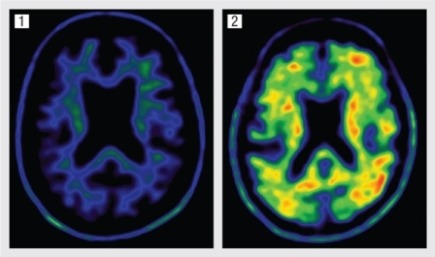Posts Tagged ‘social-interaction’
Dance training: The ultimate way to delay brain decline by combining physical, cognitive, and social engagement
Study: Dancing may offset some effects of aging in the brain (CSU release): “A new study led by a Colorado State University researcher shows that kicking up your heels can actually be good for your noggin. The research team demonstrated for the first time that decline in the brain’s “white matter” can be detected over…
Read MoreAlzheimer’s disease can be delayed through lifestyle: New, large study joins growing chorus
– Hard Evidence We Can Slow Alzheimer’s By Exercising The Body And The Mind (Forbes): “Alzheimer’s disease is one of the most feared diagnoses among patients…once the disease has been diagnosed, there is nothing modern medicine can do to stop it. But it can be slowed, and a new study presented
Read MoreA User’s Guide to Lifelong Brain Health: BrainFit for Life
As the Brain Fitness industry continues to gain momentum, and people explore all the incredible brain-training tools being developed, we hope that enthusiasts don’t take their eye off the importance of the physical health of the brain and all the systems it communicates with. The brain is unique in that it houses our cognitive and…
Read MoreYour Brain At Work, by the Dana Alliance and The Conference Board
Several months ago we came across an excellent resource for cognitive/ brain fitness aimed at helping companies offer quality brain health information to their employees. While it is true that we often tend to believe all this “brain fitness” stuff is most relevant to our parents and/ or grandparents, trust me, if you are reading…
Read MoreExercising the body is exercising the mind
I apologize for the long delay in getting back to this column but I have a good excuse. We just recently had a baby, and boy, that takes care right there of the physical exercise need. Between carrying the baby upstairs and downstairs, running to get the baby, getting out of the bed and picking…
Read More

